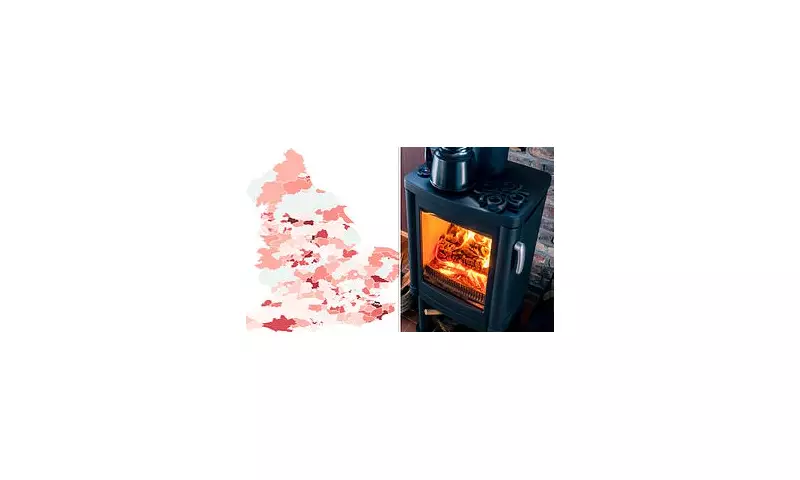
Britain is witnessing a dramatic escalation in neighbourhood conflicts over wood-burning stoves, with official data revealing complaints have skyrocketed by an astonishing 78% in just one year. The trend highlights growing tensions between traditional cosy heating methods and modern environmental concerns.
The London Hotspots Where Smoke Fills the Air
Analysis of more than 15,000 environmental health complaints shows London boroughs bearing the brunt of this burning issue. Westminster emerged as the epicentre of discontent, recording nearly 1,000 complaints alone. The boroughs of Camden, Islington, and Hackney followed closely behind, painting a picture of urban areas where smoke from chimneys is creating modern-day fog.
Why Are Complaints Reaching Record Levels?
Several factors are contributing to this surge in wood-burning grievances:
- Increased environmental awareness about air pollution and health impacts
- More people working from home, making them more exposed to neighbours' smoke
- Rising energy costs driving alternative heating choices
- Greater understanding of legal rights regarding air quality
The Health Impact Behind the Complaints
Medical experts are raising alarms about the serious health implications of wood smoke. Particulate matter from burning wood can penetrate deep into lungs and bloodstream, exacerbating respiratory conditions like asthma and increasing cardiovascular risks. The Royal College of Physicians estimates air pollution contributes to approximately 40,000 premature deaths in the UK annually.
What Councils Are Doing About the Smoke
Local authorities are taking increasingly firm action against problematic wood burning. Many councils have established dedicated teams to handle smoke complaints and are issuing fines to persistent offenders. Some are even considering banning new wood burners in certain areas as part of their clean air strategies.
The Legal Landscape for Wood Burner Owners
Homeowners need to be aware that burning certain fuels in smoke control areas can lead to substantial fines. The Clean Air Act gives local authorities power to take action against 'dark smoke' emissions. Recent cases have seen penalties ranging from £175 to over £1,000 for repeated offences.
As Britain grapples with balancing traditional heating methods against environmental and health concerns, the wood-burning debate shows no signs of cooling down. With winter approaching and energy costs remaining high, councils are bracing for another season of smoke-filled complaints and neighbourhood disputes.





